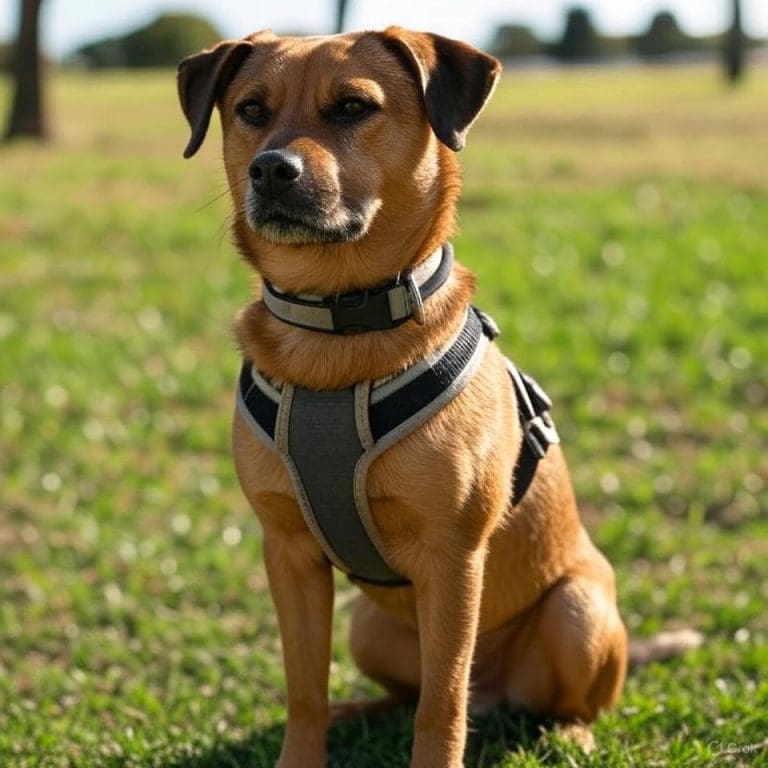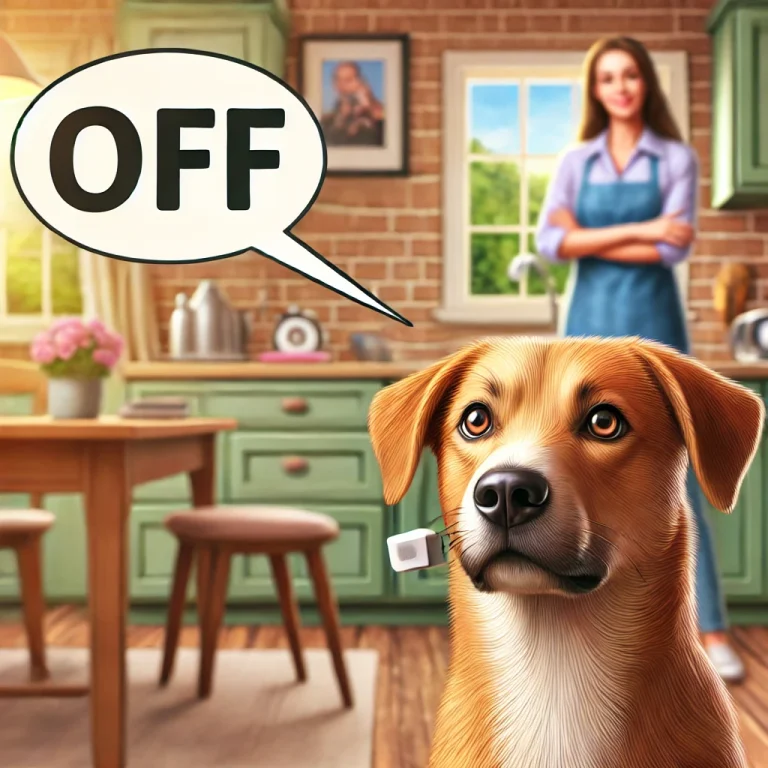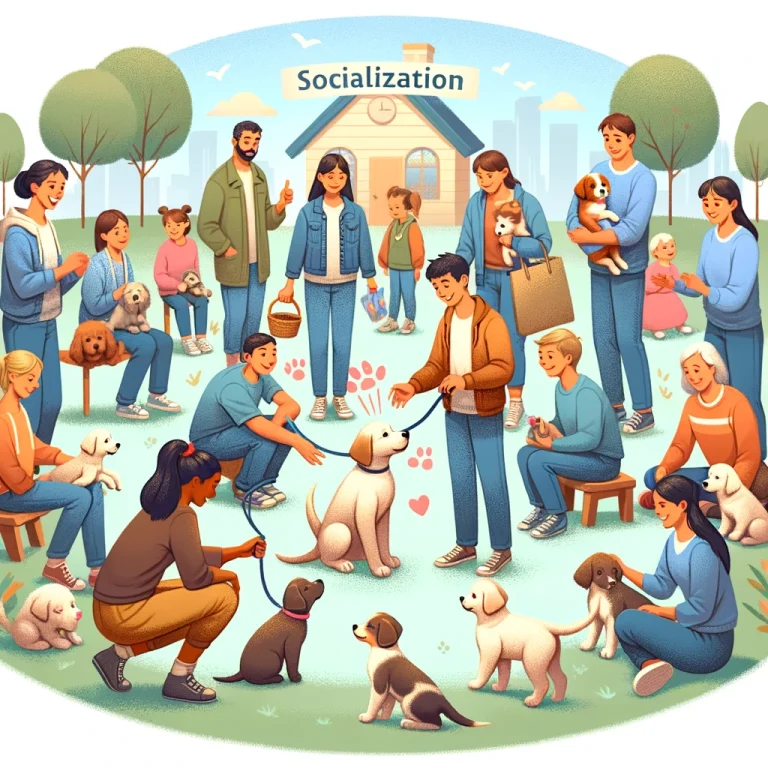The Myth of the Quick Fix: Why Neutering Won’t Erase Your Dog’s Bad Habits
Hey there, fellow dog lovers. As a dog trainer who’s spent over a decade helping pups and their humans navigate everything from zoomies to full-on meltdowns, I’ve seen it all. One question that pops up way too often? “My dog is aggressive/territorial/anxious—will neutering fix it?” The short answer: Probably not. And before you think I’m just being a buzzkill, let’s dive into the science. Neutering (or spaying for the ladies) is a fantastic tool for population control and preventing certain hormone-driven issues, but it’s no magic wand for behaviors that have already taken root.
Understanding Behavior: It’s Not Just Hormones
First off, let’s get real about how dog behavior works. A lot of folks assume that aggression, marking, or mounting are purely “boy problems” tied to testosterone, so snip-snip and problem solved. Sure, hormones play a role—especially in preventing those behaviors from developing in the first place. But once a dog has learned a habit through reinforcement (think: getting attention for barking at the mailman or guarding their toy like it’s the last bone on Earth), neutering won’t hit the reset button.
Behaviors are wired into the brain through experience, environment, and genetics. Neutering removes sex hormones, which can dial down some instinctual drives like roaming or humping, but it doesn’t rewire neural pathways or undo years of conditioning. In my training sessions, I’ve worked with countless neutered dogs whose owners were shocked to learn that Fido’s resource guarding or fear-based reactivity didn’t vanish post-surgery. It’s like expecting a diet to instantly erase the muscle memory of bad eating habits—it takes targeted work.
What the Studies Say: Hard Numbers on Limited Impact
Don’t just take my word for it; the research backs this up. Let’s look at some key studies that shine a light on neutering’s spotty track record with established behaviors.
One landmark review by Dr. Benjamin Hart and his team at the University of California, Davis, dug into aggression specifically. They found that neutering male dogs already showing aggressive tendencies resolved the issue in just 25 to 30 percent of cases. That’s right—three out of four dogs saw no improvement in their aggression after the procedure. This isn’t a small sample; Hart’s work draws from extensive veterinary data across breeds and ages, highlighting that while early neutering might prevent some problems, it’s largely ineffective for dogs whose behaviors are already entrenched.
Then there’s the massive 2018 study published in *PLOS ONE*, analyzing over 13,000 dogs via the Canine Behavioral Assessment and Research Questionnaire (C-BARQ). Researchers compared neutered males to intact ones and assessed 100 different behaviors. The verdict? Only four showed a positive shift post-neutering—like reduced indoor marking or better recall off-leash. But a whopping 36 behaviors got *worse*, including spikes in aggression toward strangers, unfamiliar dogs, and even small animals, plus more fear responses to noises or new situations. And get this: the earlier the neutering, the more pronounced these negative effects. For dogs with pre-existing issues, this suggests neutering might even exacerbate sensitivities rather than soothe them.
Another angle comes from a 2021 review in *Veterinary Practice*, which crunched data from thousands of cases and found neutered dogs (both males and females) were nearly twice as likely to develop behavioral problems overall compared to intact ones. This isn’t about causing problems from scratch but underscores that neutering doesn’t “cure” what’s already there—it can sometimes shift the deck in unexpected ways.
These stats aren’t cherry-picked; they’re from peer-reviewed sources involving tens of thousands of dogs. The pattern is clear: Neutering influences *future* risks more than it fixes *past* patterns.
So, What *Should* You Do Instead?
If your dog’s already got some behavioral baggage, skip the surgery-as-savior fantasy and focus on proven training. Start with a professional assessment—from a balanced approach trainer on how to reinforcement and reshape habits. For aggression, counter-conditioning and desensitization are gold. For anxiety, management tools like puzzle toys or calming routines make a world of difference.
And hey, neutering still has its place! If your pup’s intact and you’re worried about unplanned litters or hormone-fueled escapades, go for it—just pair it with training from day one. Early intervention is key to preventing issues, but for developed ones? It’s all about consistent, compassionate effort.
Bottom line: Love your dog enough to meet them where they are. Neutering’s a piece of the puzzle, not the whole picture. Got a story from your own pack? Drop it in the comments—let’s swap tips and keep our furry friends thriving.
Wag on,
Your Friendly Neighborhood Dog Trainer






